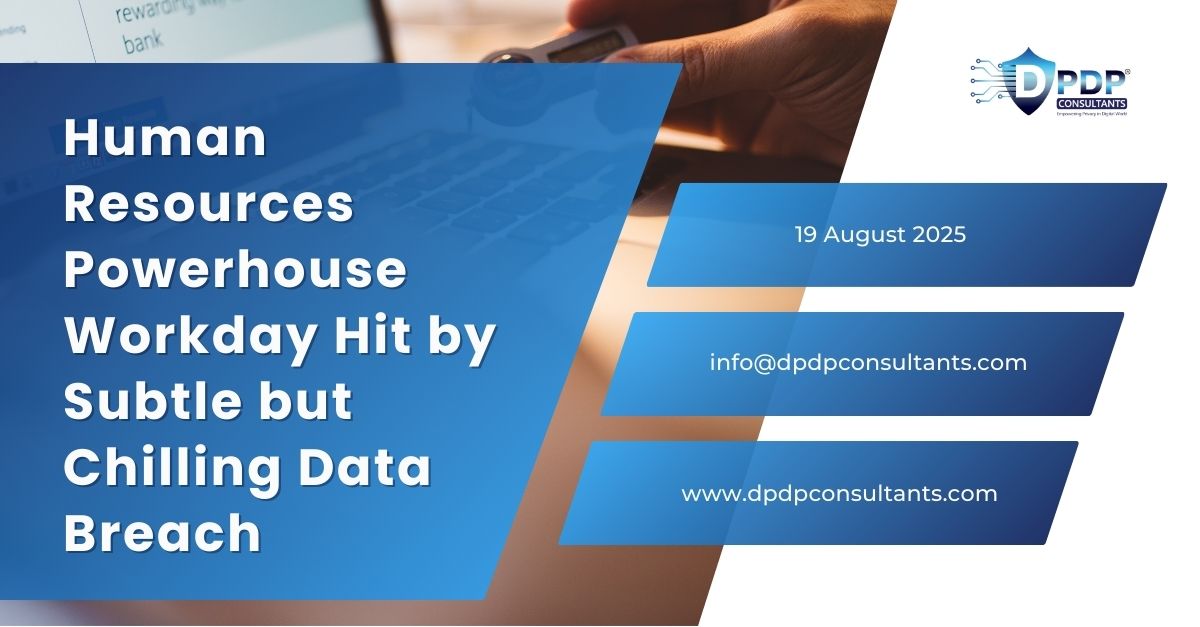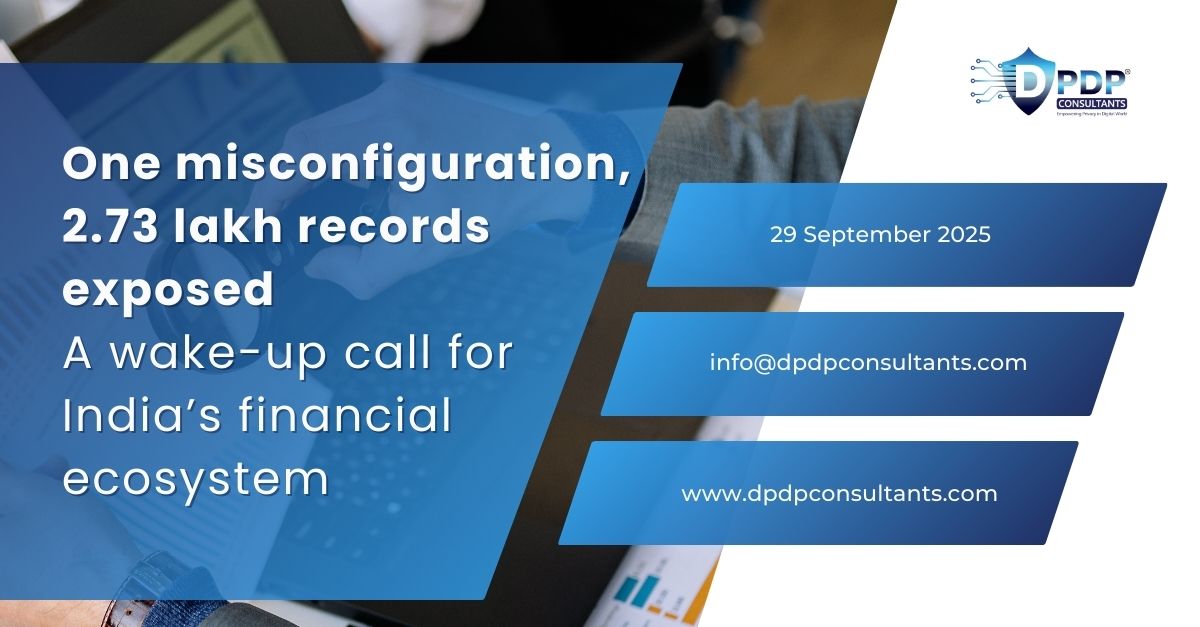In a masterclass of stealth, cybercriminals quietly slipped
past defenses to access personal contact details stored in a third-party
database linked to Workday—one of the world’s leading providers of HR
technology to over 11,000 companies and 70 million users.
Behind the Breach: A Deceptive Whisper
On August 6, alarm bells rang when Bleeping Computer flagged
suspicious activity. Workday confirmed the breach in a blog post nearly a week
later, noting that the attackers accessed "commonly available business
contact information, like names, email addresses, and phone numbers"
stored in a third-party customer relationship-management (CRM) platform.
Critically, the company reassured users that there was “no indication of access
to customer tenants or the data within them”—where the core human-resources files
reside.
The Human Element: Social Engineering at Play
Experts believe the breach was a product of a cunning social
engineering campaign: threat actors impersonated HR or IT staff to deceive
Workday employees into granting access. The goal? Harvest contact details to
aid further manipulative attacks.
Workday promptly cut off the breach and rolled out
additional security measures. A spokesperson emphasized, “All official
communications from Workday come through our trusted support channels,” warning
that the company will never ask for sensitive information via phone.
Linking the Dots: A Growing Pattern of CRM Breaches
This incident is just the latest in a surge of CRM-related
hacks affecting global giants. TechCrunch notes similar breaches at Google,
Cisco, Qantas, and Pandora, all tied to Salesforce-hosted systems.
Cybersecurity investigators and outlets like Dark Reading suggest a likely
connection to the hacker collective Shiny Hunters, notorious for
exploiting Salesforce platforms through “vishing” (voice phishing) to trick
employees into installing malicious tools.
Why It Matters—And What Comes Next
This breach might seem modest—after all, names, emails, and
phone numbers are considered low-risk. But in the hands of skilled
manipulators, they become a potent tool for phishing and impersonation.
Workday’s proactive response helped limit damage, yet the broader warning is
clear: every CRM connection is a potential entry point.
Security veterans urge organizations to tighten third-party
integrations, adopt zero-trust frameworks, enforce privileged access controls,
and conduct regular audits of connected apps.
Closing Thoughts
Workday’s experience is a cautionary tale of how even
trusted systems can fall prey to cunning human deception. If names and numbers
are the breadcrumbs, then social engineering is the trap. The digital age
demands vigilance—not just in code, but in conversation.
Stay with us for updates on: DPDP
Consultants Newsletter





